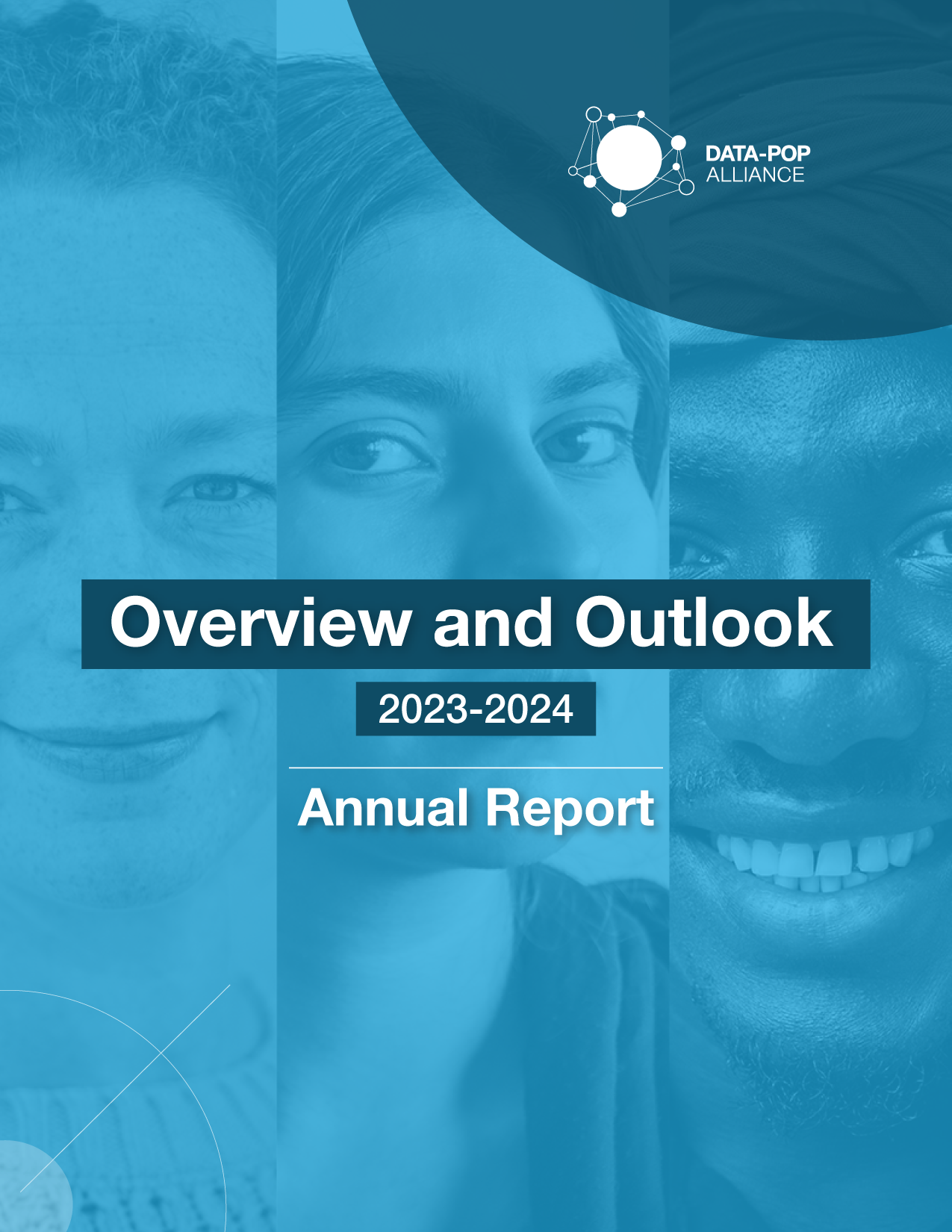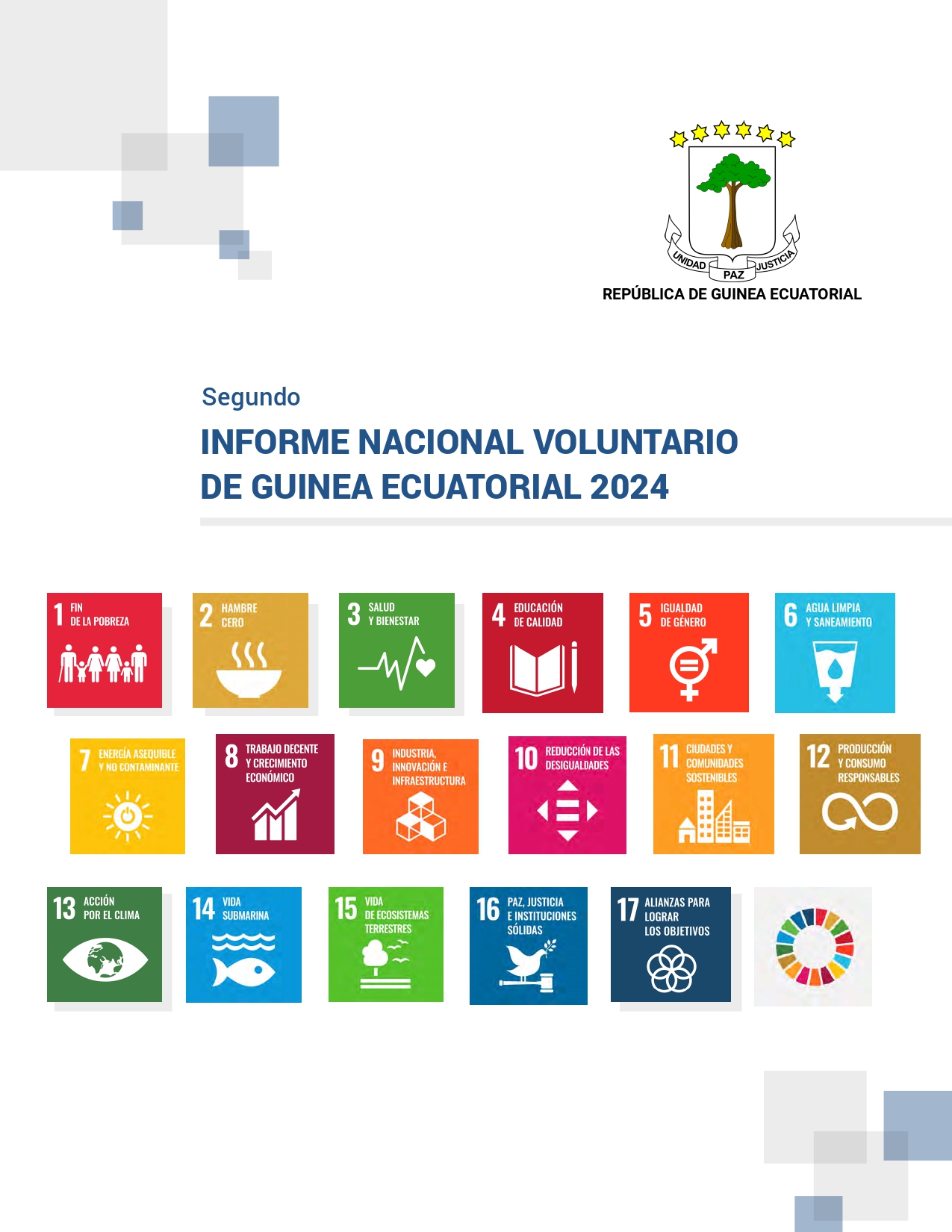Leveraging (Mobile) Data to Predict and Prevent Crime
Monday 12 June 2017
02:30 PM CEST | 08:30 AM EST
Data-Pop Alliance Chief Data Scientist, Dr Nuria Oliver will speak on Leveraging (Mobile) Data to Predict and Prevent Crime for the third Webinar of the SD Talks Special Series on Data for Sustainable Development.
The session will be held on Monday 12 June 2017 at 02:30 PM CEST | 08:30 AM EST. The webinar will introduce a novel approach to predict crime in a geographic space from multiple data sources, particularly from mobile phones and demographics. Law enforcement officers can also effectively prevent crimes by using aggregated and anonymized human behavioural data derived from mobile network infrastructure.
The webinar will be followed by a Q&A session where the speaker will take questions from the audience.
To join the live webinar, please go to http://bit.ly/SDTalksData3 (event number: 955 548 197, event password: Data4SD). Please register for this webinar in advance by going to http://bit.ly/SDTalksData3, clicking on Register and entering your details.
For more information about the webinar series, please contact:
Ugo Caruso, UNSSC Knowledge for Sustainable Development (u.caruso@unssc.org)
Natalie Shoup, Data-Pop Alliance (nshoup@datapopalliance.org)
Julie Ricard, Data-Pop Alliance (jricard@datapopalliance.org)
Visit the SD Talks website at http://sdtalks.unssc.org/ to view the Special Series on Data for Sustainable Development.



